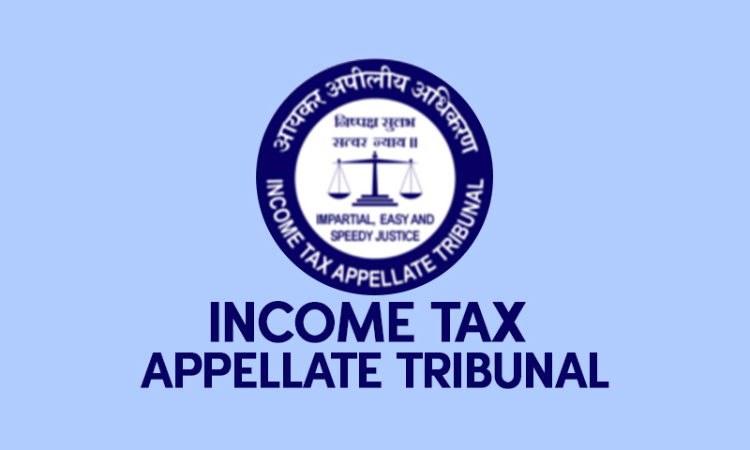Income Tax Notice, Revisionary Proceedings Against A Dead Person Is Void: ITAT
Mariya Paliwala
5 March 2022 3:23 PM IST

Next Story
5 March 2022 3:23 PM IST
The Delhi Bench of Income Tax Appellate Tribunal (ITAT) has held that the notice issued against a dead person is null and void and all consequent proceedings or orders being equally tainted are liable to be set aside.The two-member bench of Amit Shukla (Judicial Member) and Pradip Kumar Kedia (Accountant Member) has observed that the entire proceedings beginning from issue of show...
